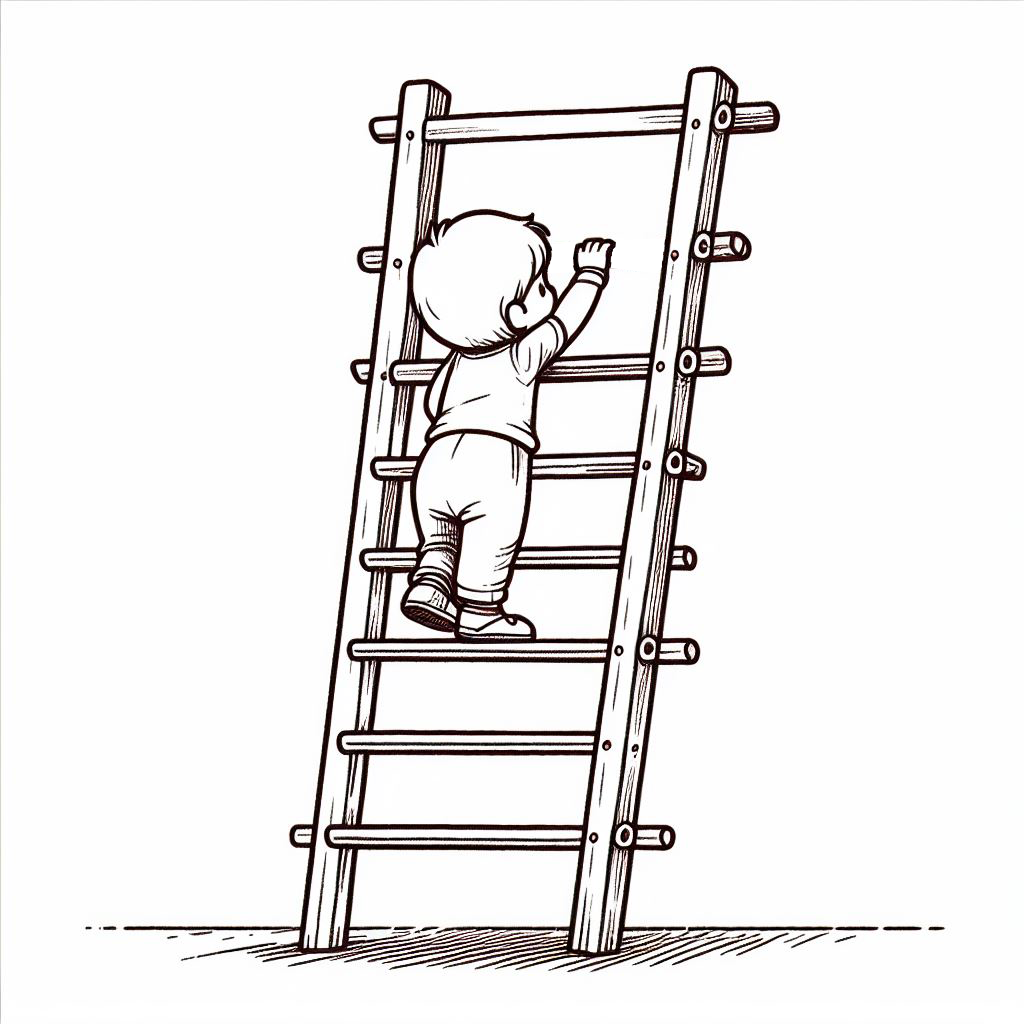Hidden away in the depths of the government guidance to local authorities is a sentence that reads;
… the information provided by parents should demonstrate that the education actually being provided is suitable and address issues such as progression expected and (unless the home education has only just started)
achieved.
Ok so it’s not really the stuff of Dickens but it’s important to our local authorities and so it’s necessarily important to us. In reality this sentence yet again demonstrates the school based perspective that the department of education brings to home education, but the result is, as home educators, we have to jump through another hoop that for many types of educational philosophy makes very little sense. A lot of the development of the EHEapp has been based on trying to help home educators shoehorn whatever type of education they provide into a local authority sized tick box and this one required particular imagination.
Following a Curriculum
If you’re a curriculum based home educator and you’re following a curriculum this particular requirement is going to be relatively easy to fulfil – it’s easy because curricula are really the basis for this guidance – so expected progression is whatever you intend your child will do next in the curriculum. Given that curricula usually follow a set pattern of progression, then advancing through the curriculum is the expected progress your child will make. This is exactly why some of us favour them – they give a framework to education and our children simply climb the various ladders of these frameworks.

Ironically, given the emphasis in legislation on age, ability, aptitude and special needs, it shouldn’t come as a surprise that children climb these various ladders at very different rates. But, as anyone who has had a child who has struggled at school will attest, the reality of the school system is that if a child misses a rung they’re more often than not simply left behind. The huge advantage of home education is our children can genuinely climb these ladders at a pace that suits them – something that schools simply don’t have the resources to adequately facilitate.
Self directed learning
So if the guidance envisages some sort of curriculum what if you’re not following a curriculum or only using a curriculum for self directed learning? What exactly is the expected progress of a self directed learner? In this case, as parents, we have no clear idea what’s coming next; that’s sort of the point – we follow their interests on the basis that they’ll learn more if they’re interested.
So if we don’t know what’s coming next, what do we know? Well we know that they’re going to follow their interests – if self directed learning is our philosophy of education then it’s not going to be enough to say they did nothing all year because they weren’t interested in anything – we’re going to have to show that this is working for our children.
So the EHEapp is going to be great for showing what their interests were but we have no idea what these interests are going to be ahead of time or how long they’re going to last. There is no obvious ladder to climb. As an example, one of our siblings spent a year researching, then making and marketing rabbit food; it’s fair to say my parents didn’t predict this!
So our expectation can only be that they will follow their interests and that they will make progress in the interests they pursue. Again, it’s not going to be enough to say our child was interested in something without any evidence of them actually pursuing this interest – that’s not fulfilling our philosophy of education. We expect our children, often with our help, to find interests and to progress these interests.
So our expected progress is that existing and/or new interests will be pursued and, inline with our philosophy of education, this self directed learning will achieve better progress precisely because it’s self directed and unplanned.
Life experience based immersive education
What happens if you’re following a life experience based educational philosophy. What are our expectations of progress if we expect our children to learn through their interactions in everyday life? As parents we know what our children’s existing range of experiences are – for the most part we were there when they happened – for example we know what they can read – we’re not going to buy our 11 year old who’s read all the Harry Potters a copy of The Very Hungry Caterpillar – likewise we’re not going to ask them to work out the change from the shopping if they’re working out the cumulative effects of inflation on prices – and we’re not going to talk to them about Colonialism if they’re reading The Very Hungry Caterpillar.
This is one of the joys of home education – we know our children – we know exactly where they’re at – and we don’t have to worry about what’s next because progression is utterly intrinsic to human development. So what are our expectations of progress in local authority speak – well we expect them to progress through the interactions they have with the world. Can we list what these are going to be ahead of time? No, of course not, but what we can do is tell our local authorities that we have great expectations and using the EHEapp we will journal all the many educational interactions they have along the way.
